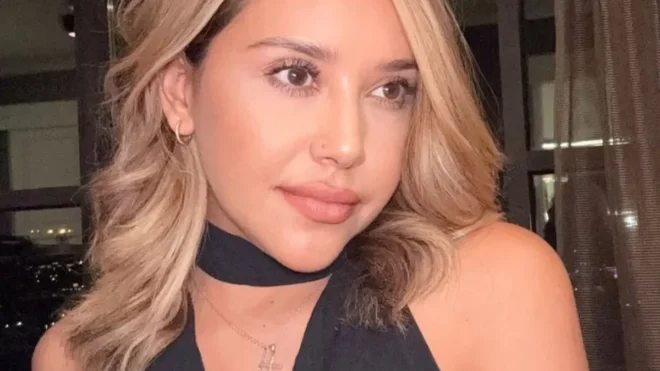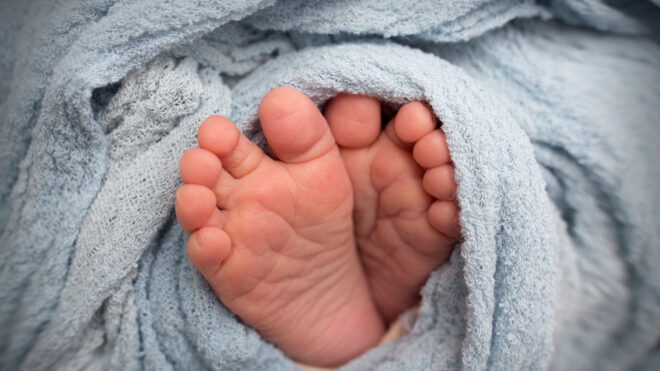One of the experiences that changed me as a mom was the fear that my son could suffer from autism. He wasn't even 3 years old then, but was having speech and social delays. Today, on World Awareness Autism Day, I wanted to share with you what I learned about that time in my life: If you suspect that your child has autism or has some of the red flags, that are affecting his or her development and her social life, DON'T IGNORE THEM!!! Avoiding reality doesn't change it. If you face them as soon as possible, you may be transforming your kids' future.
Read more*¿Qué más?:* Autism rates among Latino children increased 110 percent
Since autism seems more and more common–one of every 88 children, 54 of them boys, is diagnosed with autism–it's important to know what to look for and be aware and act quickly if autism knocks at your door. It's also imperative that, as a member of society, you educate yourself so you can leave behind all the prejudices that hurt so many kids and their families, that are dealing with a situation that nobody expects but many find themselves dealing with it.
According with autismspeaks.org, one of the leading organizations about this topic iin the country:
Autism spectrum disorder (ASD) and autism are both general terms for a group of complex disorders of brain development. These disorders are characterized, in varying degrees, by difficulties in social interaction, verbal and nonverbal communication and repetitive behaviors. Autism can be present in every etnic, social and demographic group and it appears four times more in boys than in girls.
Its important that you know the following:
1. People with autism are not sick. They have a life condition, but they feel, love and live just the same as everybody else.
__2. A diagnosis doesn't define a perso__n. Although there are typical characteristics that may help to make an autism diagnosis, people with autism are unique individuals that should not be labeled based in prejudices.
3. To call somebody "autistic" puts the condition in front of the person. The appropriate and respectful way to say it is: A person with autism. You may not believe it, but words matter. This change makes a difference and reminds us that we are all unique human beings, that a condition does not define us.
4. Kids, young people or adults with autism that show severe socialization or behavior problemsare not responding to the way their parents raised them. Don't judge, educate yourself and learn that people with autism have their own unique ways to communicate and express their emotions. When you break with your prejudices it's easier to understand everybody else and it's easier for them to understand you. We all have our unique way of expressing ourselves, how obvious or not they may be.
5. If you really want to help, ask questions. Don't assume that you know a person because he or she has autism. Ask the parents how their child is, how to approach him or her, what does he like and dislike. Make your family aware of this condition and everybody who may be interested in learning about it. Remember that everybody has unique talents and ways to connect with everybody else.
6. There is no difference between idealizing or feeling sorry for the parents of a child with autism. Prejudices are always harmful and prejudices are what limit a person with special needs. Not everybody with autism is a genius or will have similar behavior. Each person with autism has his or her own talents and challenges. Get to know them to really understand.
7. If you are a parent who worries if your kid may have autism, remember the red flags: Lack of language or visual contact, hyper sensitivity to certain stimuli such as lights, textures and sounds, and delays in the development of natural abilities or the loss of some of them as he or her get older.
If recognize your child in this description, don't despair. Remember that there are many people looking for answers and that there are many people with autism that have full lives thanks to appropriate services and the support of their family and friends. The sooner you act the better it will be for your family.
Get in touch with the early intervention program in your area. They will guide you and can help you finding not only the right therapies, but also with financing them.
There are many local, national and world organizations that deal with autism and can connect you to your community and help you understand and enjoy your child. Your are not alone.
Image via Thinkstock




